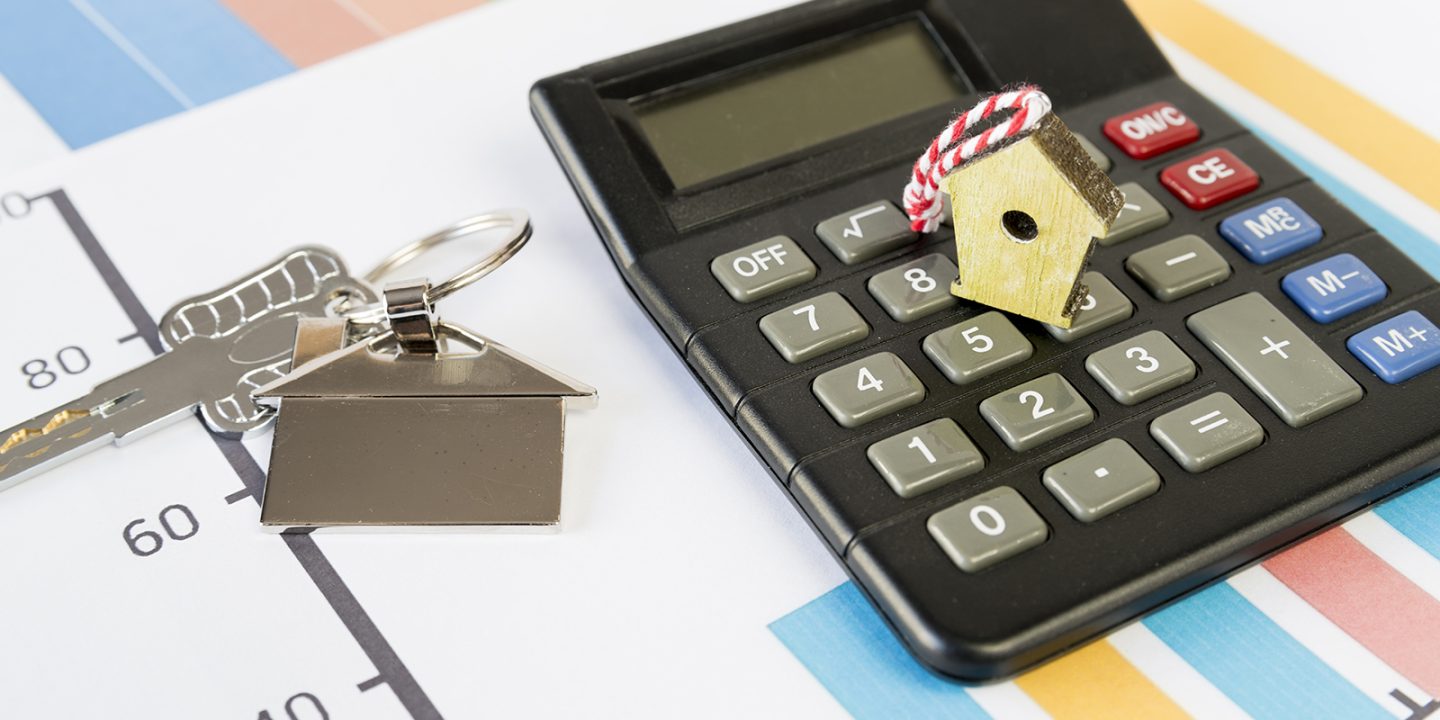
When buying a property, closing costs are important expenses that go beyond the purchase price. These fees and taxes cover essential services and legalities required to finalize the transaction. Understanding all the elements of closing costs—including taxes, surveys, and insurance—will help you budget effectively and avoid surprises at the last minute.
Common Types of Closing Costs
Here’s a breakdown of the most common closing costs you may encounter when purchasing a property:
Legal Fees
Legal professionals handle important tasks such as preparing documents, reviewing contracts, and ensuring the secure transfer of funds during the transaction. Legal fees cover these essential services.
Title Insurance
Title insurance protects both the buyer and the lender from disputes or claims over the property’s ownership. This one-time fee ensures that the title is clear and free of any legal issues.
Inspection Fees
A home inspection is necessary to evaluate the condition of the property. The fee covers the cost of hiring a professional inspector to assess the structure, electrical systems, plumbing, and other critical aspects.
Appraisal Fees
Lenders require a property appraisal to verify that the home’s value aligns with the mortgage amount. This fee is typically paid by the buyer and is part of the mortgage approval process.
Mortgage Fees
Mortgage-related fees include application fees, loan origination fees, and underwriting fees, which vary depending on the lender and loan type.
Property Taxes
Property taxes are prorated, meaning the buyer will be responsible for their share of the current year’s taxes starting from the closing date.
Land Transfer Tax
This tax is payable to the province or municipality when property ownership is transferred from the seller to the buyer. The tax amount is based on the property’s purchase price. In some provinces, first-time homebuyers may be eligible for rebates.
Provincial Sales Tax (PST) on CMHC Insurance
If your mortgage is insured by the Canada Mortgage and Housing Corporation (CMHC), you’ll need to pay Provincial Sales Tax (PST) on the insurance premium. While the insurance premium can be added to your mortgage, the PST must be paid upfront during the closing process.
Non-Resident Speculation Tax (NRST)
In certain regions, such as Ontario’s Greater Golden Horseshoe, the Non-Resident Speculation Tax (NRST) applies to foreign buyers. This tax is an additional 25% of the purchase price and is aimed at reducing speculative purchases by non-residents.
GST/HST on New Construction Housing
When buying a newly constructed home, Goods and Services Tax (GST) or Harmonized Sales Tax (HST) applies. The tax rate varies depending on the province but is usually 5% to 13% of the purchase price. Some buyers may qualify for a partial rebate on the GST/HST if the property is purchased as a primary residence. It’s important to account for this tax when budgeting for a new build or pre-construction home.
Property Survey
A property survey outlines the boundaries and legal description of the land you’re buying, ensuring there are no encroachments or disputes over property lines. While some sellers may already have a survey, if one is not available, the buyer is often responsible for covering the cost of a new survey. This survey is vital for confirming the exact size and location of the property.
Other Fees
Additional closing costs may include notary fees, escrow fees, and courier charges for the handling of legal documents.
How Much Are Closing Costs?
Closing costs generally range from 2% to 5% of the property’s purchase price, though they can vary based on the location, type of property, and additional taxes, such as GST/HST on new construction or the NRST for non-resident buyers. Your lender will provide a detailed breakdown of these costs before closing.
How to Budget for Closing Costs
To avoid last-minute financial strain, it’s crucial to include closing costs in your home-buying budget. Speak with your lender or local REALTORS® to get an estimate of these costs early in the process, including any applicable taxes like the GST/HST for new homes or the Non-Resident Speculation Tax. This will ensure you are financially prepared when it comes time to close the deal.
Closing costs are an essential part of the home-buying process, and understanding the full range of fees—such as legal fees, land transfer taxes, GST/HST on new homes, and the cost of a property survey—will help you budget effectively. Being informed and prepared for these expenses will ensure a smoother transaction on closing day.
Question & Answer (Q & A)
Q1. Who pas for closing cost?
A1: Most closing costs, like the common ones listed above, are covered by the buyer. Sellers will incur their own closing costs related to legal fees, real estate commissions, and other expenses associated with selling their home.
As the buyer, you’ll pay your closing costs, along with your down payment, when you meet with your lawyer to sign the mortgage registration documents. This typically takes place about a week before the actual closing date. Your lawyer will inform you in advance of the total amount due, and they will handle the disbursement of funds to the appropriate parties on your behalf.
Q2. What are closing costs, and why are they necessary?
A2: Closing costs are fees and expenses that come with the finalization of a real estate transaction. They cover legal services, taxes, inspections, and other essential services that ensure the property transfer is legal and complete. These costs are necessary to ensure both parties fulfill their legal and financial obligations.
Q3. How much should I budget for closing costs?
A3: Closing costs typically range between 2% and 5% of the property’s purchase price, but this can vary depending on factors such as your location, mortgage type, and whether you’re purchasing a new or resale home. Your lender will provide a detailed estimate to help you prepare.
Q4. Are closing costs the same for buyers and sellers?
A4: No, buyers and sellers have different closing costs. Buyers typically pay for costs like legal fees, land transfer taxes, and mortgage-related expenses. Sellers, on the other hand, cover their own legal fees, real estate commissions, and any other costs associated with transferring the property.
Q5. Can closing costs be negotiated?
A5: In some cases, closing costs can be negotiated. For example, sellers might offer to cover a portion of the buyer’s closing costs to make the deal more appealing, especially in competitive markets. However, taxes and certain lender fees are typically non-negotiable.
Q6. When do I pay my closing costs?
A6: You will pay your closing costs, along with your down payment, when you meet with your lawyer to sign the mortgage registration documents. This usually occurs about a week before the official closing date. Your lawyer will provide the total amount in advance and disburse the funds to the appropriate parties.
Q7. What types of fees are included in closing costs?
A7: Closing costs can include a variety of fees such as legal fees, title insurance, appraisal fees, inspection fees, mortgage application and underwriting fees, property taxes, land transfer taxes, and any applicable provincial sales taxes. New construction homes may also incur GST/HST.
Q8. Are closing costs refundable if the deal falls through?
A8: Typically, closing costs are non-refundable once they are paid, as they cover services and fees related to the transaction. If the deal falls through, you may not be able to recover fees paid for services like inspections or appraisals. However, some costs, such as earnest money or deposit funds, may be refundable depending on the terms of your purchase agreement.
Q9. What is the difference between closing costs and down payment?
A9: The down payment is the portion of the property’s purchase price that you pay upfront, typically expressed as a percentage of the total price. Closing costs are additional expenses incurred to finalize the transaction. The down payment reduces the amount you need to borrow, while closing costs cover various administrative, legal, and service fees.
Q10. Can I include closing costs in my mortgage?
A10: In some cases, you may be able to include closing costs in your mortgage by opting for a higher loan amount. This is known as a “no-closing-cost mortgage” or “financed closing costs.” However, this will result in a higher mortgage balance and possibly higher interest payments. It’s important to discuss this option with your lender to understand the implications.
Q11. How can I estimate my closing costs in advance?
A11: You can estimate your closing costs by requesting a Loan Estimate or Closing Disclosure from your lender. These documents provide a detailed breakdown of anticipated costs. Additionally, you can use online closing cost calculators or consult with a real estate agent or lawyer for a more precise estimate based on your specific transaction.
Q12. Are closing costs the same for every type of property?
A12: Closing costs can vary depending on the type of property you’re purchasing. For instance, new construction homes may include additional costs such as GST/HST, while older homes might not. Additionally, properties in different regions or municipalities may have different tax rates and fees.
Q13. What happens if I don’t have enough funds to cover closing costs?
A13: If you don’t have enough funds to cover closing costs, the transaction may not proceed. It’s essential to have your finances in order before closing day. If you’re short, you may need to renegotiate with the seller or seek alternative funding options. It’s important to address any shortfall before the closing date to avoid delays or cancellation.
Q14. Can closing costs be paid by a gift or loan from a family member?
A14: Yes, in many cases, you can use a gift or loan from a family member to cover closing costs. However, it’s important to document the source of the funds and follow any lender guidelines or requirements for using gifted money. Your lender may require a gift letter or proof of the source of funds.
Q15. How do I know if I’m getting a fair deal on closing costs?
A15: To ensure you’re getting a fair deal on closing costs, compare estimates from multiple service providers, such as attorneys, title companies, and inspectors. Review the Loan Estimate or Closing Disclosure provided by your lender and ask for clarification on any fees you don’t understand. It’s also helpful to consult with a real estate agent who can provide insights and help negotiate costs.
Q16. What should I do if I notice discrepancies in the closing cost details?
A16: If you notice discrepancies or unexpected fees in the closing cost details, contact your lender or closing agent immediately. Review the final documents carefully and address any concerns or errors before the closing date. Resolving discrepancies early can prevent delays and ensure that all costs are accurate and transparent.







